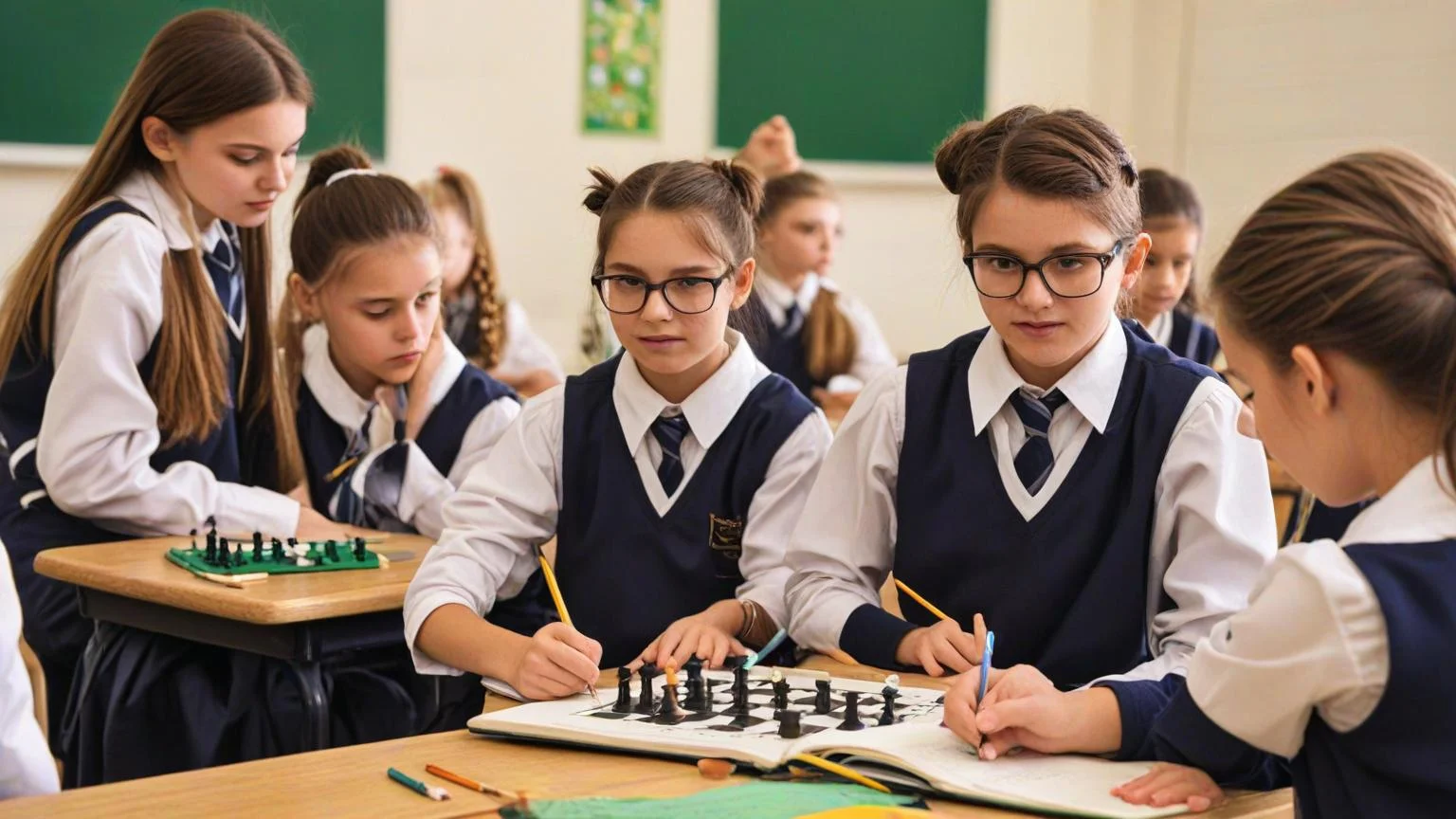Extracurricular activities are more than just after-school pastimes—they play a vital role in the educational experience. From enhancing academic performance to fostering personal growth, these activities offer students opportunities beyond the classroom. This article explores why extracurricular activities are important in school, their effects on the educational process, and how they contribute to a student’s education and future success.
Why Are Extracurricular Activities Important in School?
Extracurricular activities are essential for several reasons. They offer students unique opportunities for growth and development that go beyond the traditional curriculum. Here’s why they matter:
Development of Soft Skills
Building Leadership Skills: Many extracurricular activities, such as student government or club leadership positions, provide opportunities for students to develop leadership skills. These skills are crucial for future career success and personal growth.
Improving Communication: Activities like debate clubs or theater help students practice effective communication. Students learn to express their ideas clearly and listen to others, which are valuable skills in both academic and professional settings.
Enhancing Teamwork Abilities: Group activities, such as sports teams or project-based clubs, teach students how to work collaboratively towards common goals. Teamwork skills are essential for success in both academic and workplace environments.
Academic Enhancement
Boosting Academic Performance: Studies show that students who participate in extracurricular activities often perform better academically. Engagement in these activities can improve focus, time management, and discipline, which positively impacts academic achievements.
Encouraging a Love for Learning: Extracurricular activities can ignite a passion for learning by offering students new subjects and interests. This enthusiasm for learning can extend to their academic work, leading to better performance in the classroom.
Personal Growth and Development
Building Self-Esteem: Success in extracurricular activities can boost students’ confidence. Achieving goals in these activities fosters a sense of accomplishment and self-worth.
Exploring Interests and Talents: Extracurricular activities provide a platform for students to explore new interests and talents. This exploration helps students discover their passions and strengths, which can guide future educational and career choices.
Stress Relief: Engaging in hobbies and interests through extracurricular activities offers a break from academic pressures. Activities like sports or art can be therapeutic, helping students manage stress and maintain mental well-being.
What Are the Effects of Extracurricular Activities in the Educational Process?

Extracurricular activities have several positive effects on the educational process. Here’s a detailed look at how they influence students’ academic and personal lives:
Enhanced Academic Achievement
Improved Academic Performance: Participation in extracurricular activities can lead to better grades and higher test scores. The skills developed through these activities, such as time management and goal-setting, contribute to academic success.
Increased Engagement in School: Students involved in extracurricular activities are more likely to feel connected to their school community. This sense of belonging can lead to improved attendance and a greater commitment to their studies.
Development of Critical Life Skills
Time Management: Balancing academic responsibilities with extracurricular commitments teaches students how to manage their time effectively. This skill is essential for success in both school and future careers.
Problem-Solving Abilities: Extracurricular activities often present challenges that require creative problem-solving. Students learn to address obstacles and find solutions, which enhances their critical thinking skills.
Goal Setting and Achievement: Setting and achieving goals in extracurricular activities helps students develop perseverance and determination. These experiences teach them how to set realistic goals and work towards achieving them.
Social and Emotional Benefits
Building Friendships: Extracurricular activities offer opportunities for students to meet and build relationships with peers who share similar interests. These friendships can provide support and a sense of community.
Developing Emotional Intelligence: Engaging in various activities helps students understand and manage their emotions. They learn to handle both successes and setbacks, which contributes to emotional resilience.
Do Extracurricular Activities in High School Contribute to a Person’s Education?
Extracurricular activities in high school contribute significantly to a person’s education and personal development. Here’s how they make a difference:
Preparation for Future Success
College Admissions: Extracurricular activities are a key factor in college admissions. Colleges look for well-rounded students who demonstrate leadership, commitment, and a variety of interests.
Career Development: Skills gained from extracurricular activities, such as leadership, teamwork, and problem-solving, are highly valued in the workplace. These experiences can enhance a student’s resume and job prospects.
Building a Strong Foundation for Lifelong Learning
Fostering Lifelong Interests: High school extracurricular activities can spark interests that students pursue throughout their lives. Whether it’s a passion for music, sports, or a particular field of study, these interests can lead to lifelong hobbies or careers.
Developing a Growth Mindset: Exposure to diverse activities encourages a growth mindset, where students see challenges as opportunities for growth rather than obstacles. This mindset is essential for continuous learning and personal development.
Creating a Well-Rounded Educational Experience
Holistic Development: Extracurricular activities complement academic learning by fostering holistic development. They provide opportunities for students to explore interests, develop skills, and grow as individuals.
Encouraging Balanced Living: Involvement in extracurricular activities helps students achieve a balanced lifestyle. By participating in various activities, students learn to manage their time effectively and maintain a healthy balance between academics and personal interests.
Do Extracurricular Activities in Schools Improve Educational Outcomes?

Extracurricular activities play a significant role in improving educational outcomes. Here’s a closer look at how they impact students’ academic performance and overall educational experience:
Improved Academic Performance
Direct Academic Benefits: Students involved in extracurricular activities often show improved academic performance. The discipline and time management skills developed through these activities contribute to better grades and test scores.
Indirect Benefits: The personal growth and emotional support gained from extracurricular activities can lead to a more positive attitude towards school and learning. This positive attitude can translate into better academic outcomes.
Enhanced Engagement and Motivation
Increased School Engagement: Students who participate in extracurricular activities are more engaged in their school community. This engagement can lead to improved attendance, participation, and enthusiasm for academic work.
Motivation to Succeed: The sense of achievement and success from extracurricular activities can motivate students to apply the same effort and dedication to their academic studies.
Development of Transferable Skills
Skills for Academic Success: Skills learned through extracurricular activities, such as goal setting, teamwork, and problem-solving, are transferable to academic settings. These skills help students manage their academic responsibilities and succeed in their studies.
Preparation for Future Challenges: Extracurricular activities prepare students for future challenges by teaching them valuable life skills. These skills, such as resilience and time management, are essential for both academic and professional success.
Conclusion
Extracurricular activities are a crucial component of the educational experience. They offer students opportunities for personal growth, academic enhancement, and future success. By participating in these activities, students develop important skills, build connections, and achieve a balanced and fulfilling educational experience.

